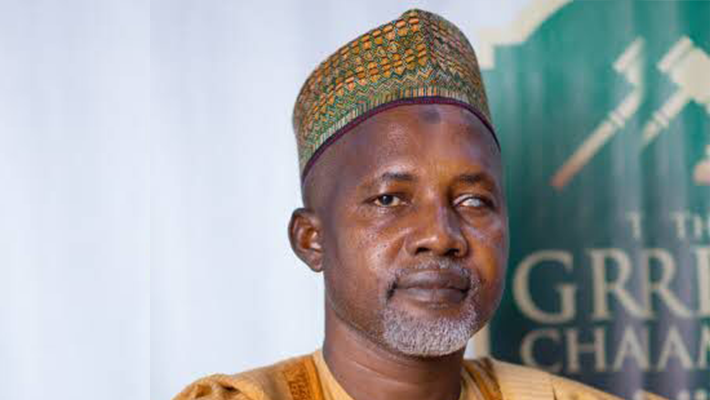
The Federal Ministry of Education has clarified that the ministry has not stopped students who are not up to 18 years old from writing the West Africa Senior School Certificate Examination (WASSCE) and the National Examinations Council (NECO) exams.
The Minister of State for Education, Yusuf Sununu, made the clarification in Abuja on Friday while fielding questions from journalists at an event to mark the 2024 International Literacy Day (ILD).
“Nobody said no child will write WAEC, NECO or any other examination unless at age 18. This is a misconception and misrepresentation of what we have said,” he said.
However, Mr Sununu said the public misconception and misinterpretation of what was said by the Minister of Education, Tahir Mamman, was highly disappointing.
He said the minister spoke on the 18-year entry age into the tertiary institutions as practised in the 6:3:3:4 education system.
“It was shocking to say that a university in this country gave admission to children at ages 10, 11 and 12 years. This is totally wrong.
“We are not saying that there are no exceptions; we know we can have talented students that have the IQ of an adult even at ages 6 and 7, but these are very few.
“There must be a rule, and the ministry is looking at developing a guideline on how to identify a talented child so that parents don’t say we are blocking their children’s chances,” he said.
In August, Mr Mamman, on Channels TV, announced the age limit for WAEC and NECO candidates, saying, “In any case, NECO and WAEC, henceforth, will not be allowing underage children to write their examinations. In other words, if somebody has not spent the requisite number of years in that particular level of study, WAEC and NECO will not allow them to write the examination.”
Meanwhile, Mr Sununu spoke on International Literacy Day, underscoring the critical role of literacy in fostering mutual understanding, peace and socio-economic development.
He reaffirmed the federal government’s commitment to addressing literacy challenges through the Education for Renewed Hope roadmap (2024-2027).
The minister highlighted youth and adult literacy as key components while emphasising the importance of using learners’ mother tongues as a medium of instruction.
Mr Sununu also emphasised the need for well-trained educators to teach in local languages and develop follow-up reading materials in these languages.
UNESCO’s country representative, Diallo Abdourahamane, re-echoed that literacy remained a fundamental human right, hence the need to create a just, peaceful and sustainable society.
The ILD, celebrated annually on September 8, aims to highlight the importance of literacy to individuals, communities and societies.
This year’s celebration theme is “Promoting Multilingual Education: Literacy for Mutual Understanding and Peace.”
NAN